Bonsai trees are a popular choice for indoor and outdoor decoration in modern households, valued for their unique artistic appeal and peaceful ambiance. As responsible pet owners, it’s essential to consider our pets’ safety when introducing new plants into our living spaces, especially for dogs who can be curious and may chew on anything they find. One question that concerns many dog owners is whether bonsai trees are toxic to dogs. In this article, we will explore this topic and provide valuable information to help dog owners make informed decisions when selecting plants for their homes.
Understanding Bonsai Trees
Bonsai trees are miniature versions of regular trees, created through cultivation techniques such as pruning, wiring, and grafting. Bonsai trees are admired for their unique aesthetic appeal and ability to fit into small spaces, making them a popular choice for indoor and outdoor decor.
There are several tree species that are commonly used for bonsai, including juniper, maple, and pine. While most bonsai trees are generally safe for pets, it’s crucial to identify any potentially toxic species that could pose a danger to dogs.
Identifying Potentially Toxic Bonsai Tree Species for Dogs
Several species of bonsai trees are known to be toxic to dogs and can cause a range of health issues, from gastrointestinal distress to liver failure. Here are some of the most poisonous bonsai tree species that dog owners should be aware of:
Sago Palm (Cycas revoluta) – This bonsai tree species contains cycasin, a toxin that can cause liver failure and gastrointestinal distress in dogs. Symptoms of toxicity include vomiting, diarrhea, and lethargy.
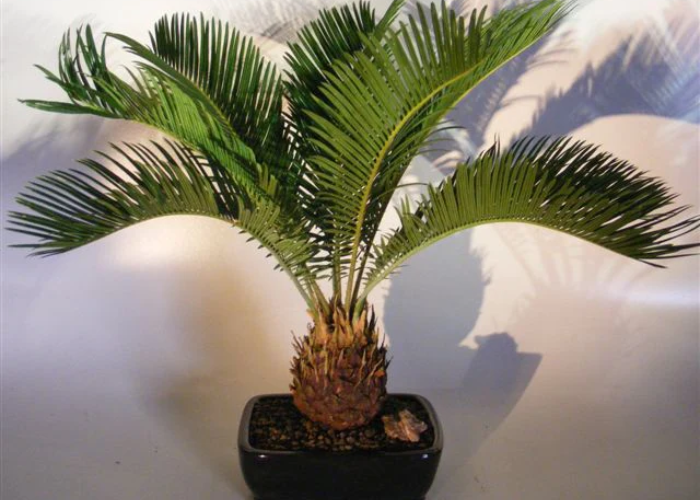
Azalea (Rhododendron spp.) – Azaleas contain grayanotoxins, which can cause heart issues and digestive upset in dogs. Symptoms of toxicity include drooling, vomiting, diarrhea, and difficulty breathing.

Boxwood (Buxus spp.) – Boxwood contains alkaloids, which can cause vomiting, diarrhea, and potential respiratory issues in dogs. Symptoms of toxicity may include weakness, lethargy, and difficulty breathing.
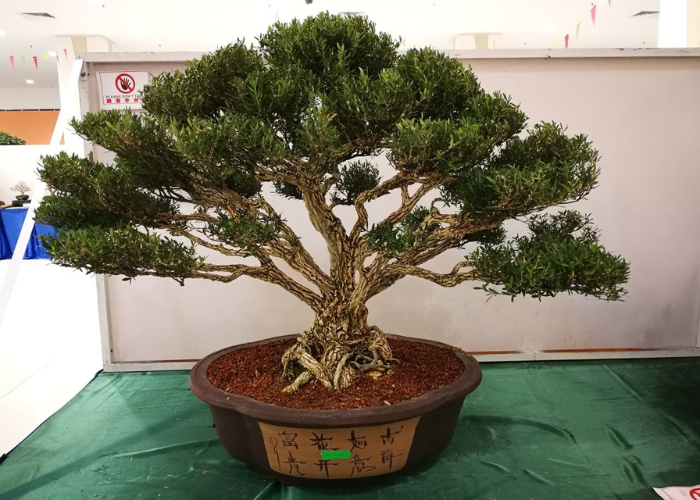
It’s important to note that this is not an exhaustive list, and there may be other bonsai tree species that are toxic to dogs.
Non-toxic Bonsai Tree Species Safe for Dogs
Fortunately, there are many non-toxic bonsai tree species that dog owners can safely include in their living spaces. Here are some examples of safe alternatives:
Japanese Maple (Acer palmatum) – This bonsai tree species is non-toxic to dogs and is known for its stunning foliage and delicate branching.
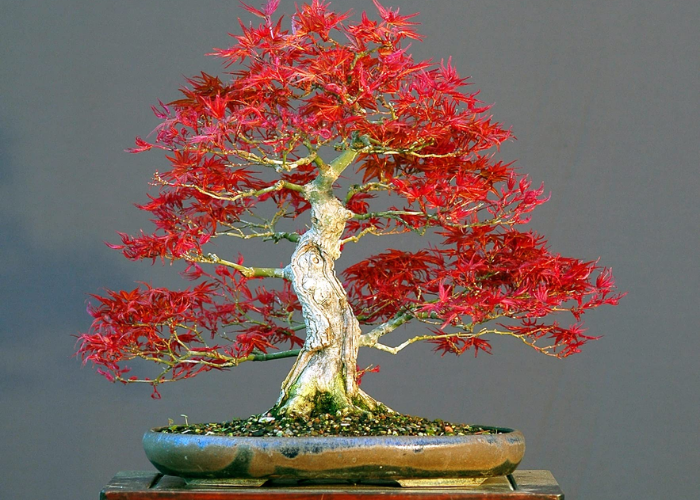
Ficus (Ficus spp.) – Ficus bonsai trees are also safe for dogs and are popular for their glossy leaves and ability to adapt to different environments.
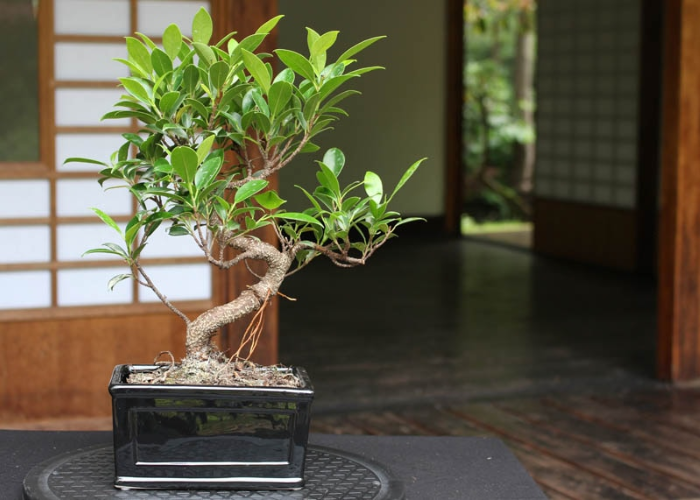
Juniper (Juniperus spp.) – Juniper bonsai trees are hardy and easy to care for, making them a great choice for beginners. They are also non-toxic to dogs.
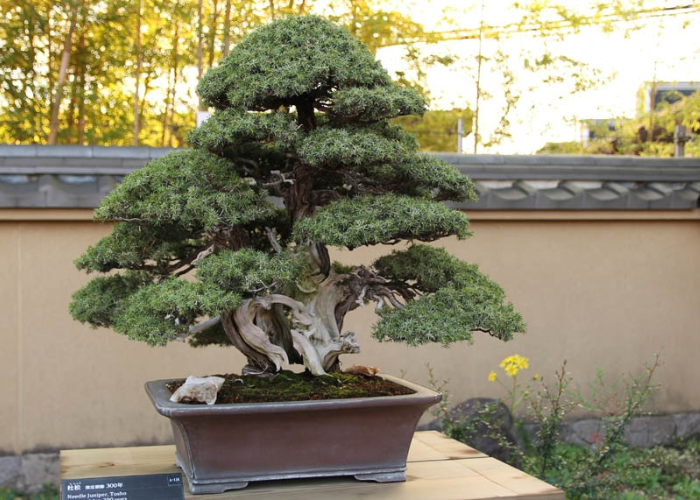
While these species are generally safe for dogs, it’s still essential to monitor your pet and ensure that they don’t chew on the tree’s leaves or branches. Additionally, if you’re unsure about a particular species of bonsai tree, it’s always best to consult with a veterinarian or horticulturist to ensure that it’s safe for your pet.
Recognizing and Responding to Bonsai Tree Poisoning in Dogs
It’s essential to recognize the symptoms of bonsai tree poisoning in dogs so that you can respond quickly and seek veterinary care. Here are some common signs of poisoning:
- Common symptoms of poisoning in dogs include vomiting, diarrhea, lethargy, loss of appetite, weakness, seizures, and difficulty breathing.
- If you suspect that your dog has ingested a toxic bonsai tree, remove any remaining plant material from their mouth and contact your veterinarian immediately. Provide as much information as possible, including the species of the plant and the symptoms your dog is experiencing.
- Time is of the essence when it comes to poisoning, so it’s crucial to seek veterinary care as soon as possible. Depending on the severity of the poisoning, your dog may require medical treatment, such as fluid therapy, medication, or even hospitalization.
- Does Tap Water Cause Tear Stains in Dogs? [An In-Depth Look]
- Is Liriope Safe for Dogs? [Posionous or Toxic?]
Conclusion
In conclusion, bonsai trees can be a beautiful addition to any home, but it’s important to consider their potential impact on pet safety, particularly for dogs. By understanding which species are toxic and which are safe, dog owners can make informed decisions when selecting plants for their living spaces.
Responsible pet ownership and plant care are crucial to ensuring a safe and harmonious household. By monitoring your pet’s behavior and taking prompt action if you suspect poisoning, you can help keep your furry companion safe and healthy.
We encourage further research and consultation with experts to ensure that your home is a safe and enjoyable environment for both you and your pet. By working together, we can create a happy and healthy living space for everyone.

Doctor of Veterinary Medicine (D.V.M.) at Nation Taiwan University,Master of Science (M.S.) in Biomedical Engineering at National Taiwan University of Science and Technology




